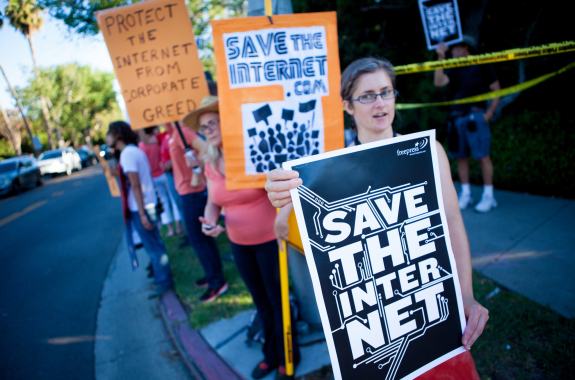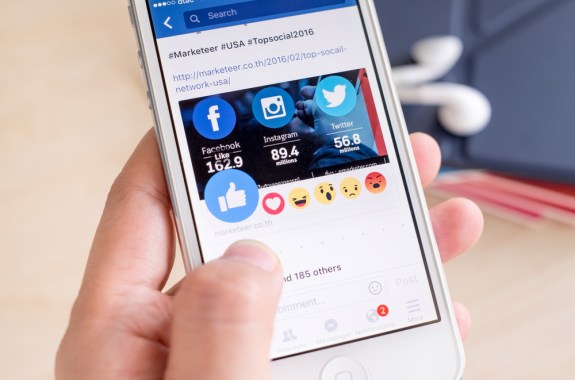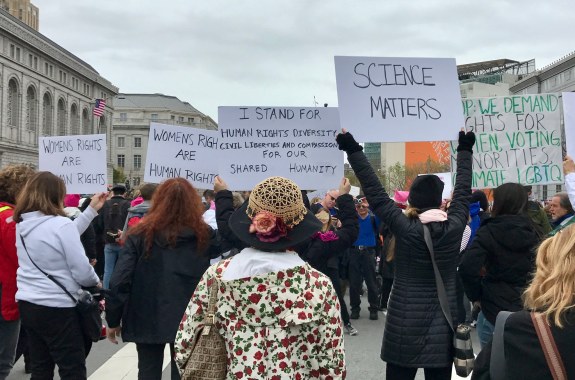Fighting A.I. With A.I.
As we increasingly rely on artificial intelligence, we must prepare for new types of hacks.
7:48
Magnetic Pottery, and the Effects of Same-Sex Marriage Laws on Teens
In states where same sex-marriage was legalized, the suicide attempts among gay, lesbian, and bisexual teens dropped by 14 percent.
31:55
Computer Hacks of the Future, and How to Prevent Them
As self-driving cars and other artificial intelligence advance, how safe will we be from A.I. hacks and attacks?
7:37
CRISPR Patent Battles, a Super-Sized Space Launch, and the Rise of Commuter Drones
The U.S. Patent Office ruled in favor of the Broad Institute in an early case over rights to the gene-editing technique known as CRISPR.
11:57
How Will Net Neutrality and Telecomm Fare Under the New Administration?
The newly appointed FCC Chairman Ajit Pai has said that “net neutrality is a solution in search of a problem.”
17:19
The Price of ‘Free’ Internet Services? Your Privacy
As we trade more and more of our personal data to big companies in exchange for their services, internet users must decide for themselves where to draw the line on internet privacy.
Tips to Keep Your Drinking Water Clean
A few key points from experts on the Flint water crisis.
4:30
Should A.I. Have a Role in Science Publishing?
Artificial intelligence won’t take over peer review anytime soon, but it may help combat fraud.
8:16
For Science Supporters, an Earth Day March on Washington
“March for Science” organizers want to boost appreciation for research they see as under threat.








